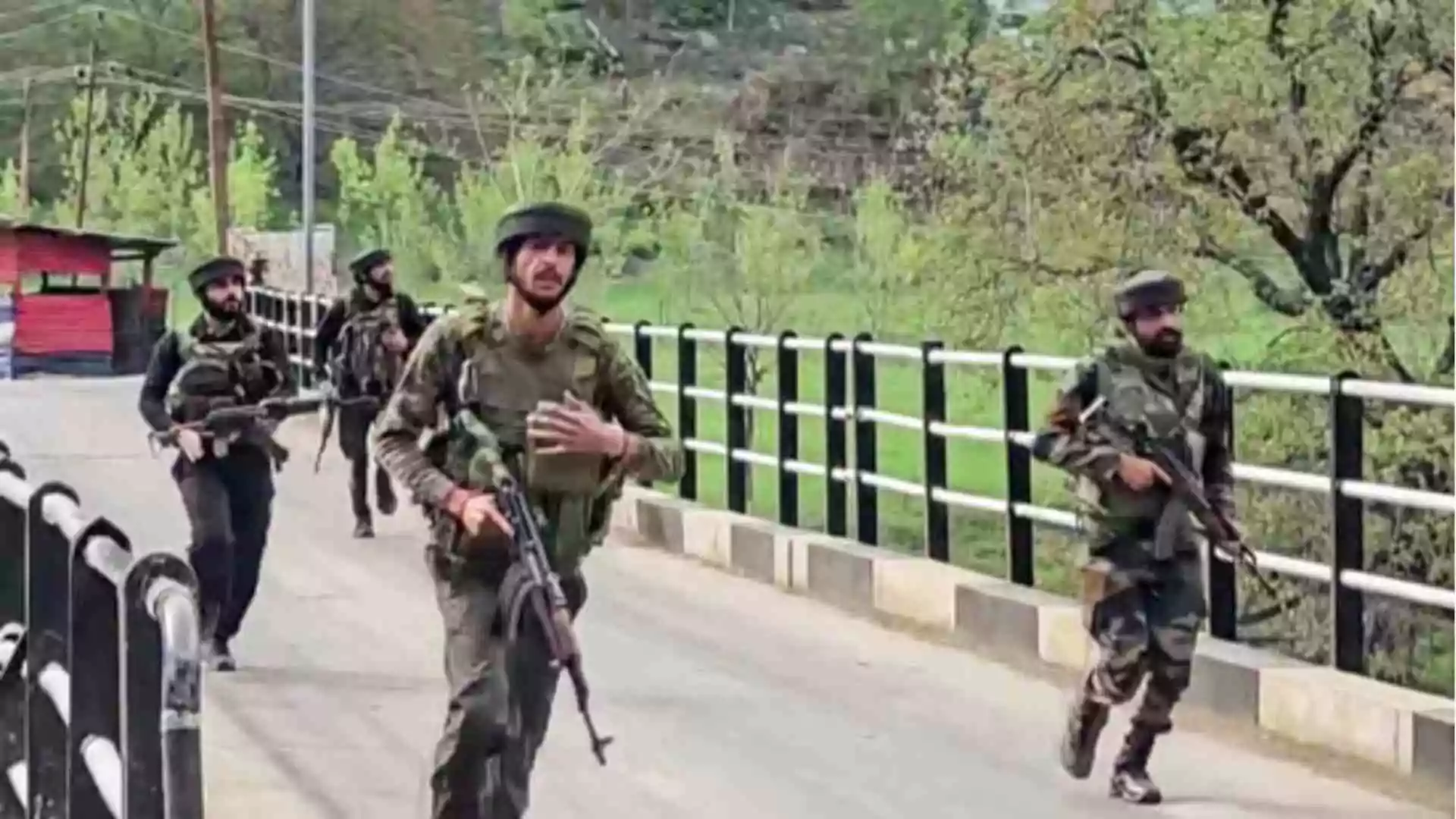In a rare public admission, Pakistan’s Foreign Minister Ishaq Dar has acknowledged that his government pushed for the removal of a known terror group’s name—The Resistance Front (TRF)—from a United Nations Security Council (UNSC) statement that condemned the recent terror attack in Pahalgam, Jammu and Kashmir.
Dar made the disclosure on Tuesday while addressing Pakistan’s National Assembly, confirming that Islamabad objected to the mention of TRF in the global statement and succeeded in getting it removed.
Pakistan Opposed Naming TRF in Global Condemnation
Speaking on the floor of the Assembly, Dar said Pakistan took a firm stand during negotiations over the UNSC statement. “We opposed the mention of TRF at the UNSC statement condemning the Pahalgam terror attack. I got calls from global capitals, but Pakistan will not accept. TRF was deleted, & Pakistan prevailed,” Dar stated.
His remarks came days after a deadly terrorist assault at Baisaran meadow near Pahalgam, where 26 people were killed, including tourists and a local pony handler.
Initially, The Resistance Front, which is widely believed to be an offshoot of Lashkar-e-Taiba, had reportedly claimed responsibility for the killings on April 22, the same day the attack occurred. However, shortly afterward, TRF denied involvement, sparking further controversy.
Dar Raised Two Objections to the Statement
The Pakistani foreign minister told lawmakers that Islamabad had two major objections to the original draft of the UNSC statement. “On behalf of Pakistan, I had two objections [to the statement]. First, only Pahalgam was mentioned and secondly, the blame was put on The Resistance Forum. I thought this was not acceptable. You have to write Jammu and Kashmir along with Pahalgam,” Dar said.
Notably, Dar repeatedly used the phrase “The Resistance Forum” instead of the group’s widely known name, The Resistance Front (TRF), throughout his speech.
UN Statement Was Delayed After Pakistan’s Pushback
Because of Pakistan’s objections, the final version of the UNSC statement was delayed by two and a half days, Dar revealed. He also said he received phone calls from multiple world capitals urging him to agree on a compromise. “I received phone calls from big capitals to come to a consensus on the draft, but I told them nothing doing,” Dar said, defending Pakistan’s tough position.
In the end, the official UN Security Council statement did not mention Pahalgam by name, nor did it refer to any terror outfit. It only condemned the act “in the strongest terms”, in a generic form.
Dar Defends TRF, Calls It a Local Forum
In a move likely to raise eyebrows, Dar went further by questioning TRF’s status as a terrorist group. He described it as a local group formed in reaction to political changes in Kashmir, particularly India’s abrogation of Article 370 in 2019, which revoked the region’s special status.
He told the Assembly, “TRF was the byproduct of the revocation of Article 370 in 2019.”
Dar claimed the group was more of a “forum founded by locals” than a terrorist organization, and that there was no solid evidence linking TRF directly to the April 22 killings.
“If TRF were to be specifically mentioned in the press release, there should be supporting evidence,” he added.
He also challenged media reports that said TRF had claimed responsibility. “He also claimed that media reports suggesting TRF had taken responsibility for the brutal attack were false.”
India Likely to View Remarks as Further Provocation
Dar’s comments are expected to anger Indian officials, who have repeatedly accused Pakistan of shielding or defending terrorist groups that operate in Kashmir. India has long held the view that organizations like Lashkar-e-Taiba and its offshoots continue to enjoy support or safe havens within Pakistani territory.
TRF, in particular, has been on India’s radar for several years and is widely seen as a proxy group used to disguise the involvement of larger Pakistan-based outfits like LeT.
While the UNSC avoided naming names in the final statement, India is expected to raise the matter through diplomatic channels, especially after Pakistan’s open admission of removing TRF’s name.
Growing Global Scrutiny
The controversy surrounding the UNSC statement comes at a time when international pressure on Pakistan to act against terror groups is mounting again. While the country was taken off the Financial Action Task Force (FATF) grey list in 2022, its continued handling of groups linked to Kashmir violence remains under watch.
By openly acknowledging its role in altering a global statement meant to condemn an act of terrorism, Pakistan may have invited fresh scrutiny—especially from Western countries that have urged stronger action against non-state actors operating from its soil.
The Pahalgam attack has shaken the peace narrative in Kashmir once again. With global attention now turning toward both the security fallout and diplomatic responses, Dar’s remarks may have added another layer of tension to an already volatile situation.























